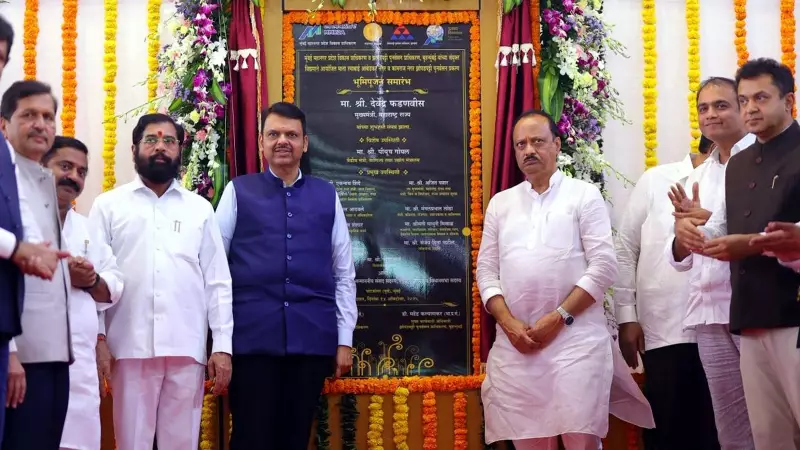
In a significant political development, Maharashtra's ruling Mahayuti alliance has decided to set aside internal differences and coordinate efforts for the upcoming elections. The decision comes amid visible tensions and public spats between alliance partners that had threatened to undermine their collective strength.
Unity Emerges from Conflict
The three-party coalition, comprising the Bharatiya Janata Party (BJP), Shiv Sena led by Chief Minister Eknath Shinde, and the Nationalist Congress Party (NCP) under Deputy CM Ajit Pawar, has been grappling with internal disagreements and competing interests. However, recognizing the strategic importance of presenting a united front, top leaders from all parties have agreed to coordinate their election machinery.
Strategic Coordination Plan
According to sources within the alliance, the coordination strategy includes several key elements:
- Joint Campaign Planning: All three parties will collaborate on campaign schedules and public rallies
- Shared Resources: Pooling of organizational strength and grassroots networks
- Unified Messaging: Coordinated communication to counter opposition narratives
- Seat-sharing Formula: Systematic approach to constituency allocation to avoid internal competition
Leadership Consensus
Senior leaders from all three parties have emphasized the importance of alliance unity. "We may have different perspectives on some issues, but we are united in our commitment to Maharashtra's development and the leadership of Prime Minister Narendra Modi," stated a senior BJP functionary involved in the coordination talks.
The decision to coordinate comes at a crucial time when the opposition Maha Vikas Aghadi has been attempting to capitalize on the ruling alliance's internal conflicts. Political analysts suggest that this coordinated approach could significantly impact the electoral landscape in Maharashtra.
Road Ahead
With election dates approaching, the Mahayuti alliance's ability to maintain this coordinated approach while managing internal expectations will be closely watched. The success of this unity experiment could determine not just the election outcomes but also the future stability of the ruling coalition in India's second-most populous state.





